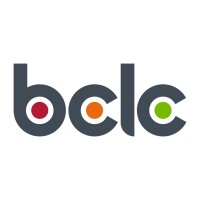
BCLC
For 35 years, BCLC has been delivering exceptional entertainment to British Columbians by managing casino, lottery, bingo and sports betting. Thanks to our players, we’ve generated $28 billion for the Province of B.C. to support essential services such as healthcare, education and community programs. Our employees are in on the action too! Overall, BCLC staff spent more than 3,830 hours volunteering for local charities. Our employee-giving committees continue to organize events, silent auctions and draws to fundraise for important local causes selected by our people. We want everyone to enjoy gambling—and that means understanding how to play in a healthy way. We provide educational resources on how gambling works, and we help find support for those who need it.






